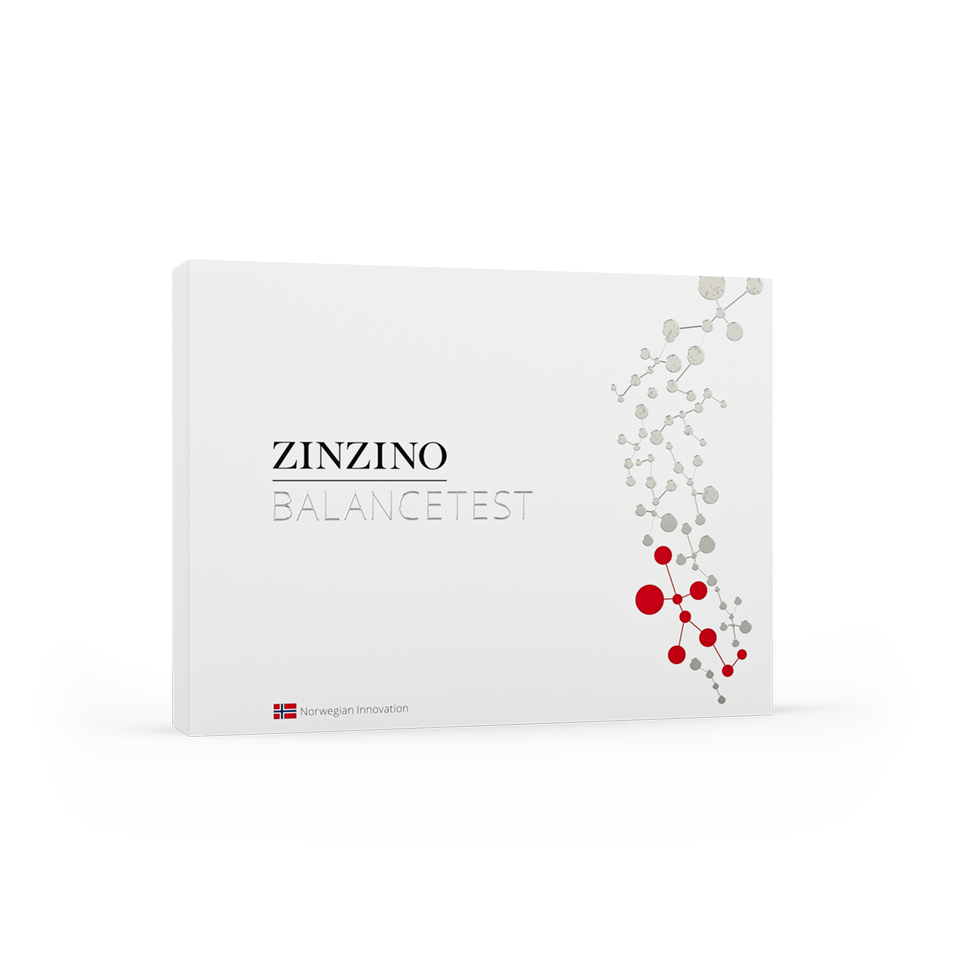Cecilia Andersson
Zinzino Independent Partner
Welcome! I'm your independent consultant, here to guide you on your health journey. Let me know what you need!
The Mediterranean diet benefits, explained

Google ‘Mediterranean diet’ and you’ll forget for a moment that it is, in fact, a diet. Popular Mediterranean foods are colorful and Instagrammable, with the recommended division of greens, beans, and meat (and a side of fruit). This eating regime celebrates whole grains, fruits and vegetables, fish, and seafood, and of course, olive oil.
The advantages of following the Mediterranean lifestyle
The Mediterranean lifestyle has a more holistic approach to food and nutrition and the meals are created around plants, not meat. Dairy, eggs, poultry, and seafood are central to healthy Mediterranean food, with red meat consumed occasionally. Olive oil and fish are pillars to this way of eating, dishing up plenty of healthy fats.
The ‘diet rules’ are easy to follow because the food is so good – plates are packed with avocado, salmon, berries, seeds, beans, tomatoes, oranges, and nuts.
Mediterranean diet rules are simple:
- Daily consumption of vegetables, fruits, whole grains, and healthy fats
- Weekly intake of fish, poultry, beans, and eggs
- Moderate portions of dairy products
- Limit intake of red meat.
Olive oil and the Mediterranean diet
Extra virgin olive oil captures the essence of the Mediterranean diet. R.E.V.V.O is an extra virgin olive oil with a concentration of bioactive antioxidants that’s 30 times higher than regular olive oil. Designed to support your journey to better health, R.E.V.V.O provides a full spectrum of natural compounds locked in an Omega-9 oil.
It’s not just a fancy salad topper. R.E.V.V.O contributes to the maintenance of normal blood cholesterol levels1* and protects blood lipids2* from oxidative stress. Power your Mediterranean lifestyle with the most exceptional olive oil there is.
What is a Mediterranean diet, in practice?
This way of eating and living is deeply rooted in tradition and probably conjures up images of long, relaxed meals with friends and family. It’s an important point to address because the diet is really all about sacred shared mealtimes, sourcing local food that’s in-season, being physically active, and living simply. These philosophies carry into daily life, with how you nourish your body.
To eat like a Mediterranean:
- Aim for 7-10 servings of fruits and vegetables each day
- Switch to whole grains
- Use healthy fats, such as olive oil
- Eat fresh fish twice a week and reduce red meat intake
- Enjoy dairy, such as low-fat Greek yoghurt
- Add spices instead of salt.
Healthy Mediterranean recipes & food inspiration
For breakfast, treat your heart (and tastebuds) to smashed avocado, with smoked salmon and poached egg, on wholegrain toast. Dash it with a handful of microgreens.
Now, for lunch, cook falafel balls, and place with green beans, whole-wheat couscous, crumbled feta cheese, olives, and topped with tahini sauce.
Then, at dinner, continue the colorful plate trend with shrimp and leek spaghetti. It’s light, lemony, and gives you fiber and Omega-3s.
Speaking of essential fatty acids, Omega-3s are extremely important to your health (and your body doesn’t naturally produce them). Support your Mediterranean eating plan with Zinzino’s Omega-3 Balance Products.
This fish and olive oil synergy delivers 15 EFSA-approved health benefits, including normal brain3, heart4 and immune system5 function. Take the Omega-6:3 ratio test first and review your results after 120 days.
Siesta time! Although you won’t get those 3.00pm slumps, quite like you used to. Power your body with the healthy, delicious Mediterranean diet… with a side of Zinzino’s BalanceOil+ and R.E.V.O.O.
* These statements have not been evaluated by the Food and Drug Administration. This product is not intended to diagnose, treat, cure, or prevent any disease.
2. Olive oil polyphenols
Olivenolie-polyphenoler bidrager til at beskytte fedtstoffer i blodet mod oxidativt stress. Udskiftning af mættede fedtstoffer i kosten med umættede fedtstoffer bidrager til at vedligeholde et normalt kolesterolniveau i blodet. Oliesyre er et umættet fedtstof. Anprisningen må kun anvendes for olivenolie, der indeholder mindst 5 mg hydroxytyrosol og derivater heraf (f.eks. oleuropein-kompleks og tyrosol) pr. 20 g olivenolie. For at anprisningen skal kunne anvendes, skal der gives oplysninger til forbrugeren om, at den gavnlige effekt opnås med et dagligt indtag på 20 g olivenolie.
3. DHA contributes to the maintenance of normal brain
DHA bidrager til at vedligeholde en normal hjernefunktion. Anprisningen må kun anvendes for fødevarer, der mindst indeholder 40 mg DHA pr. 100 g og pr. 100 kcal. For at anprisningen skal kunne anvendes, skal der gives oplysninger til forbrugeren om, at den gavnlige effekt opnås med et dagligt indtag på 250 mg DHA. Når mødre indtager docosahexaensyre (DHA) bidrager det til den normale udvikling af hjernen hos fosteret og ammede spædbørn. Gravide og ammende kvinder skal oplyses om, at den gavnlige effekt opnås ved daglig indtagelse af 200 mg DHA ud over det anbefalede daglige indtag for omega-3-fedtsyrer til voksne, dvs.: 250 mg DHA og EPA. Anprisningen må kun anvendes for fødevarer, der mindst giver et dagligt indtag på mindst 200 mg DHA.
4. DHA and EPA contribute to the normal function of the heart
DHA og EPA bidrager at vedligeholde normal hjertefunktion. Anprisningen må kun anvendes for fødevarer, der som et minimum er en kilde til EPA og DHA i henhold til det, der er angivet under anprisningen KILDE TIL OMEGA-3-FEDTSYRER på listen i bilaget til forordning (EF) nr. 1924/2006. For at anprisningen skal kunne anvendes, skal forbrugerne informeres om, at den gavnlige effekt opnås ved et dagligt indtag på 250 mg EPA og DHA.



Share this page
Or copy link